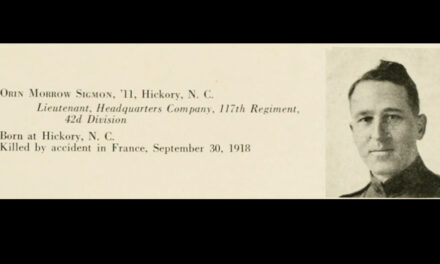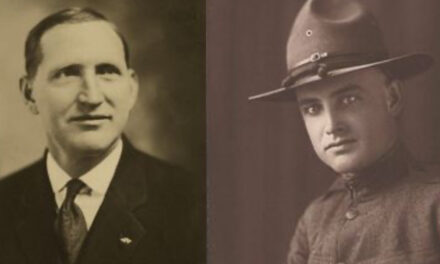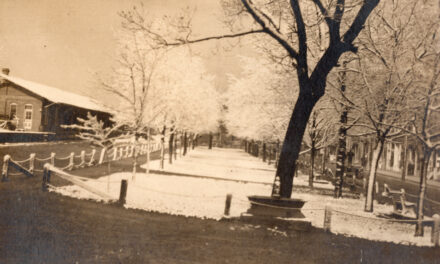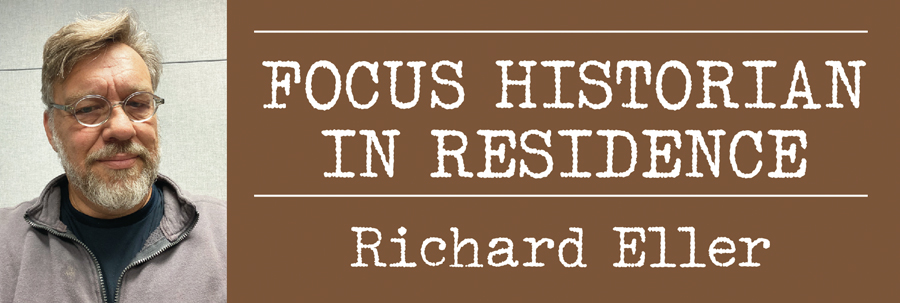
As you enjoy a drink this summer and move about Union Square and beyond freely, remember the ability to have a libation in public has been a long time coming. Like three hundred years in the making.
Laws limiting the public consumption of intoxicating beverages goes back to a time well before the Tarheel state was one, a state that is. In 1715, North Carolina was only three years separated from its sister colony to the south when the first limiting statute came along. The General Assembly passed strictures on just how publicly drunk you could be, which is not at all.
The legislature enacted “An Act Concerning Ordinaries and Tippling Houses” designed to regulate the use of strong drink by setting measures (pints, quarts and gallons, except imports), fixing prices (beer and unboiled cider was set at “one shilling, six pence per gallon”), and requiring all other prices to be not above one shilling of the cost of manufacture. In those days, an Ordinary was what we would call a hotel that provided food and drink, while tippling houses were stand-alone bars.
Over the years, both would go through name changes. Ordinaries became taverns and/or inns, while tippling houses became saloons and bars. Since drinking alcohol was common, every town had at least one.
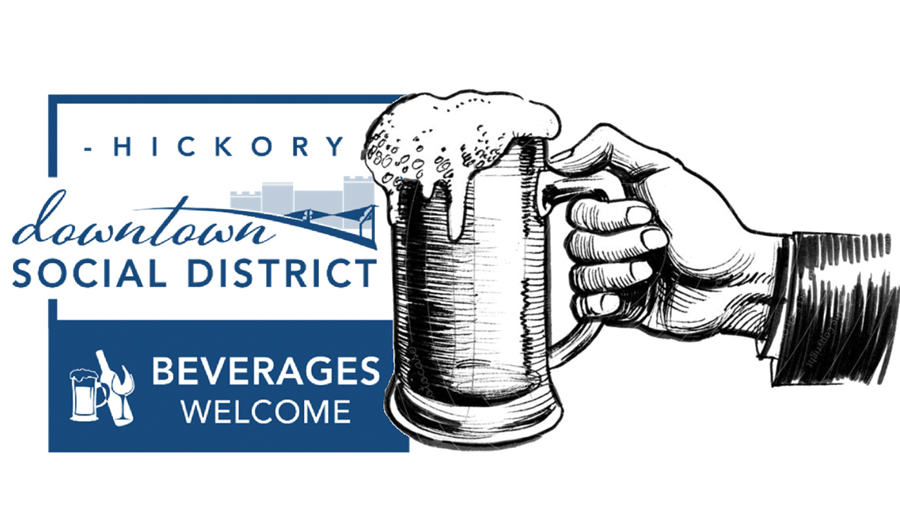
Photo: Hickory has had a social district for several years now. Here’s to it.
Ordinary keepers complained that the price-fixing aspect of the law hampered their ability to make a profit so that aspect of the law changed. However, as you might expect, the colonial government of NC, also wrote in a tax on all spirits sold. After 1741, new laws banned tippling houses altogether in favor of what they called “public houses,” businesses that also sold food, perhaps to assure that a night of drinking might also include something on the stomach to absorb the alcoholic intake.
The General Assembly also required each county to assess the owners of these places be “of good character” before issuing a license to operate. What constituted good character was never really defined. Each community got to decide for themselves.
Once the American Revolution came and North Carolina was a state, laws didn’t change much but before the arrival of the 19th century, tippling houses were again legal, and the tavern keeper was no longer required to prove their uprightness.
Laws like these were considered necessary because most people in the 18th century drank. Sure, alcoholic beverages were less bacteria-ridden than some water sources of the era, but drinking was an accepted custom. Most were of low alcoholic content and served as a pick-me-up during long days of arduous labor. Plus, with tea as the only alternative, there wasn’t a whole lot of choices. Not like today when the soft drink alternatives are numerous.
Folks drank for most any occasion then. When they greeted each other, when they celebrated, when they commiserated, when they made a deal, almost any occasion was a good time to toast with a dram, a mug, a glass or tankard.
Cheers to you with your favorite beverage.



